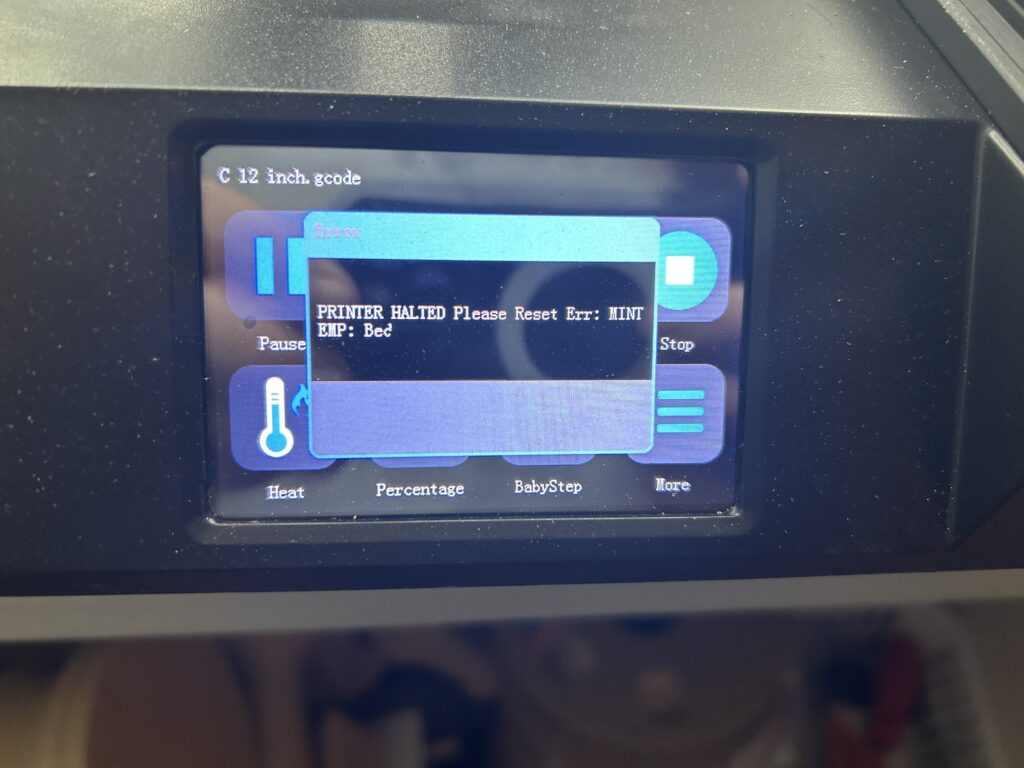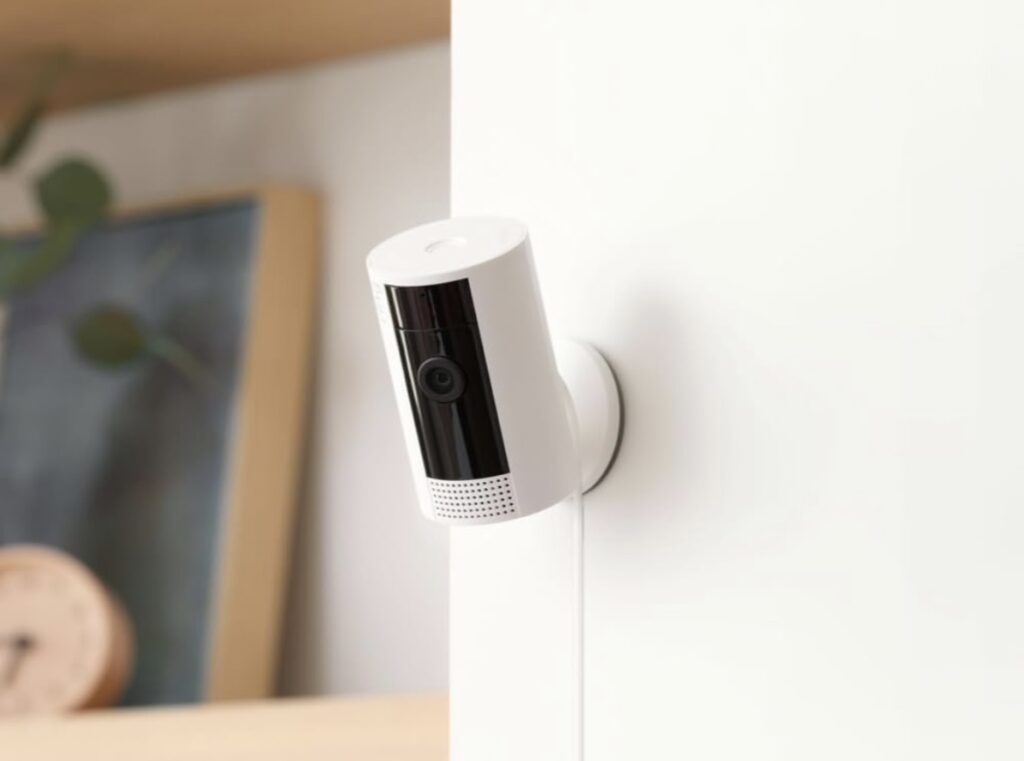In an era where smartphones are virtually an extension of ourselves, the question of privacy and security becomes increasingly critical. How secure is the device that knows virtually everything about you? This article aims to shed light on the often murky waters of smartphone surveillance and what Big Tech companies would rather you not know.
The Mirage of Digital Privacy
While we all like to believe that our digital lives are safeguarded by passwords and biometric scans, the reality is far more complex. Your smartphone is a data collection powerhouse, amassing information ranging from your location to your app usage and even your conversations.
Beyond Cookies: The Data You Didn’t Know You Were Sharing
We’re all aware that cookies track our online activities, but that’s just scratching the surface. Your smartphone is a treasure trove of data collection, capturing details like your search queries, the apps you interact with, and the permissions you’ve granted—often without a second thought.

Big Tech’s Role in Data Harvesting
Industry giants like Google, Apple, and Facebook are at the forefront of this data collection ecosystem. While they publicly advocate for user privacy, their revenue models are largely built on targeted advertising, which is fueled by user data.
Hidden Features That Are Watching You
Did you know that certain apps can remotely activate your smartphone’s microphone? Or that some can track your screen time to the second? These are just a few examples of the stealthy ways your smartphone is monitoring you.
Safeguarding Your Digital Footprint
- Audit App Permissions: Periodically review and limit app permissions.
- VPN Usage: Utilize a VPN to anonymize your online activities.
- Disable Location Services: Activate them only when absolutely essential.
- Public Wi-Fi Caution: Always be skeptical of unsecured networks.
The Takeaway
While complete digital anonymity is virtually impossible, being aware of these privacy risks is the first step toward better protection. So, the next time you interact with your smartphone, remember that it’s not just a passive device; it’s actively gathering data that could be used in ways you haven’t consented to.
FAQs on Smartphone Surveillance
- Is Private Browsing Really Private?
- It only prevents your browsing history from being saved locally. It doesn’t offer full online anonymity.
- Can My Smartphone Camera Be Compromised?
- While unlikely for the average user, it’s technically possible. Always keep your software updated to minimize risks.
In a world where data is the new currency, your smartphone is more than just a communication device; it’s a data collection tool. By taking proactive steps, you can mitigate some of the risks and better protect your digital life. Remember, in the eyes of Big Tech, you’re not just a user; you’re a data point.
The Business of Data: How Your Information Becomes a Commodity
It’s not just about data collection; it’s about what happens to that data afterward. Your personal information is a valuable asset that often gets sold to the highest bidder. This data is used for everything from targeted advertising to predictive analytics and even risk assessment for insurance companies.
Legal Gaps: How Big Tech Skirts the Law
While there are some regulations in place to protect consumer data, the rapid pace of technological advancement often leaves legislation struggling to catch up. This creates loopholes that companies exploit, allowing them to collect and use your data in ways that may not be immediately obvious to the average user.
The Rise of Data Brokers and Third-Party Collectors
Data brokers are entities that specialize in collecting and selling user data. These organizations create comprehensive profiles based on your online and offline behavior, which are then sold to other businesses for various purposes, including advertising and market research.
The Future of Data Collection: What’s Next?
As technology evolves, so do the methods for gathering data. We’re seeing the emergence of new technologies like facial recognition, behavioral biometrics, and even emotion tracking. These advancements raise new concerns about the extent to which our personal data can be collected and used.
Final Words: Empower Yourself
While the landscape may seem daunting, awareness is the first step toward taking control of your digital privacy. By understanding the risks and taking proactive measures, you can protect yourself to some extent from unwanted surveillance.
Additional Resources for Protecting Your Privacy
- Secure Your Smartphone: Implement security features beyond just a lock screen.
- Best VPN Services: A roundup of top VPNs for added online security.
In a world where your data is a valuable commodity, taking steps to protect your digital footprint is more crucial than ever. Remember, you’re not just a consumer; you’re also a product in the eyes of Big Tech. By staying informed and vigilant, you can reclaim some control over your digital life.
As an Amazon Associate we earn from qualifying purchases through some links in our articles.




